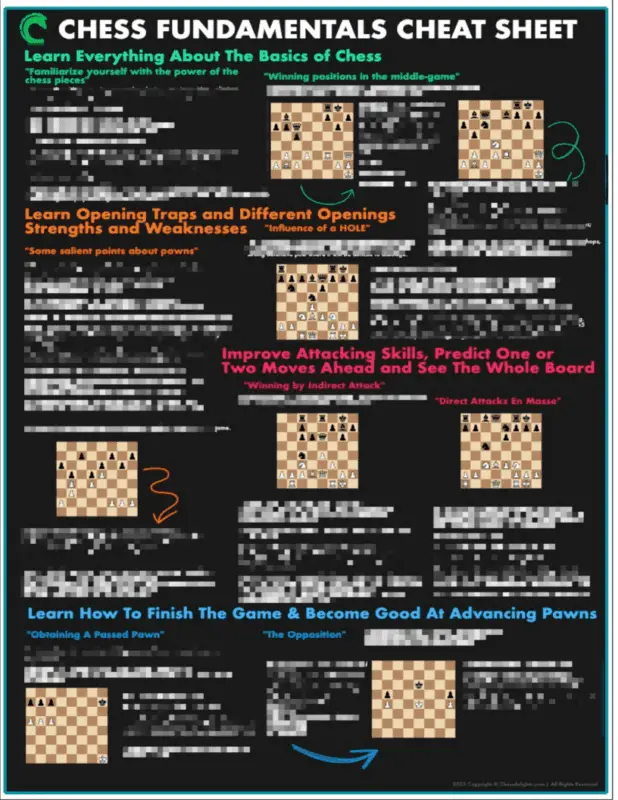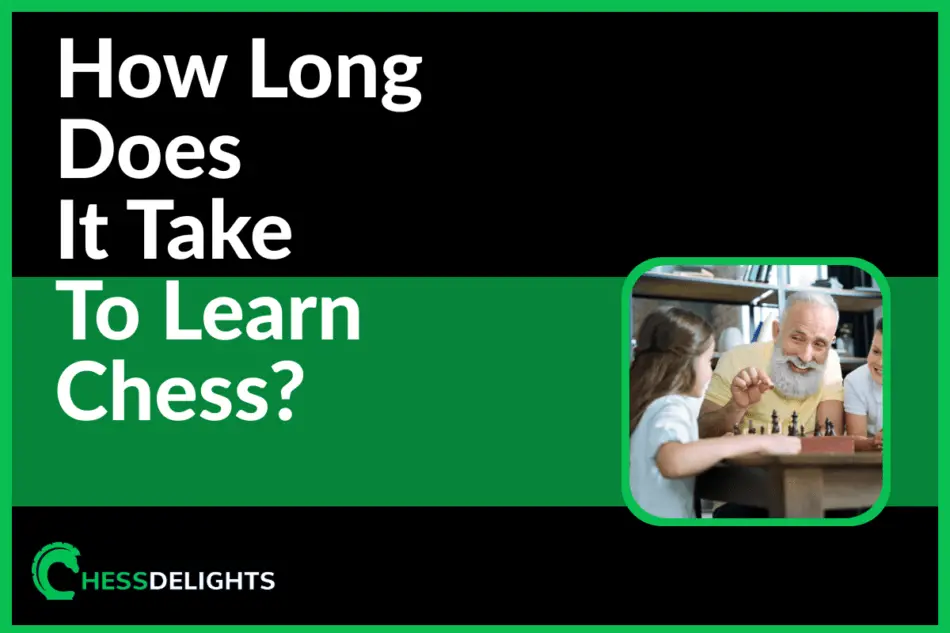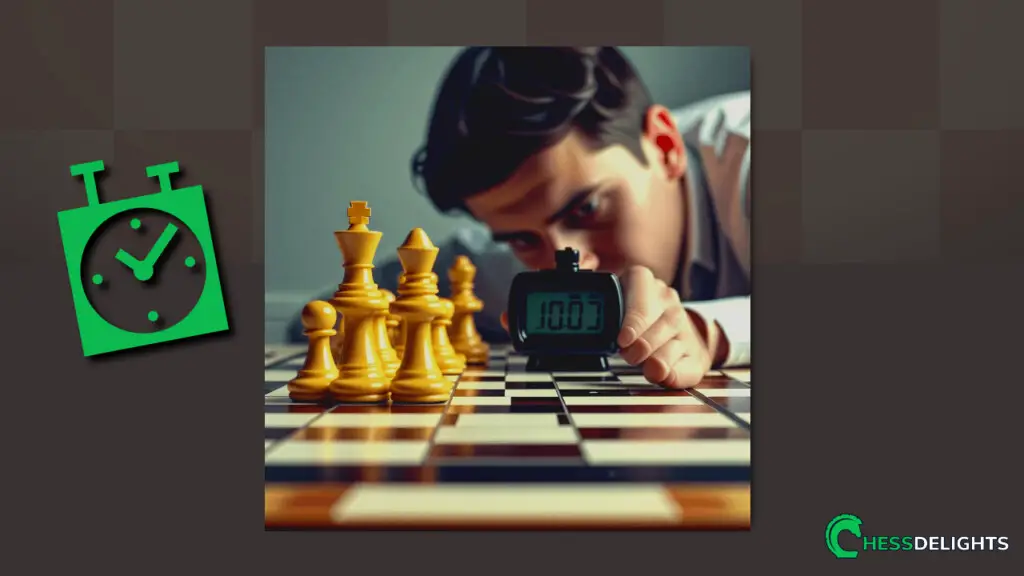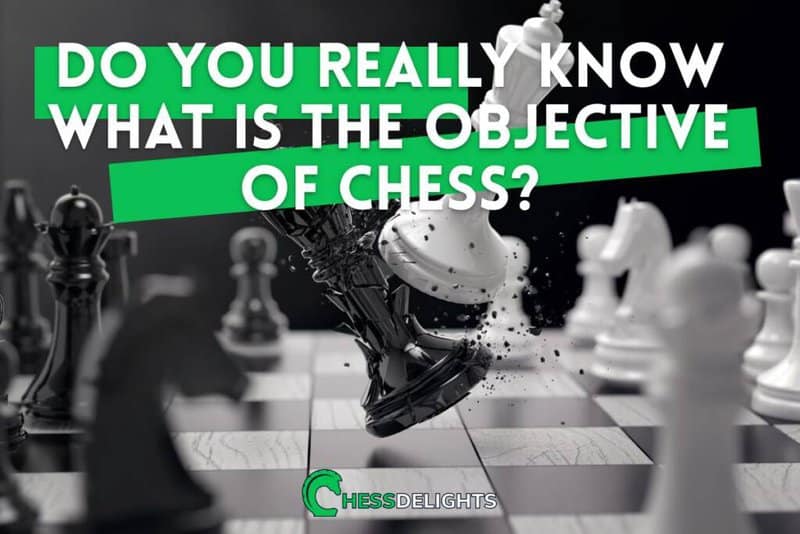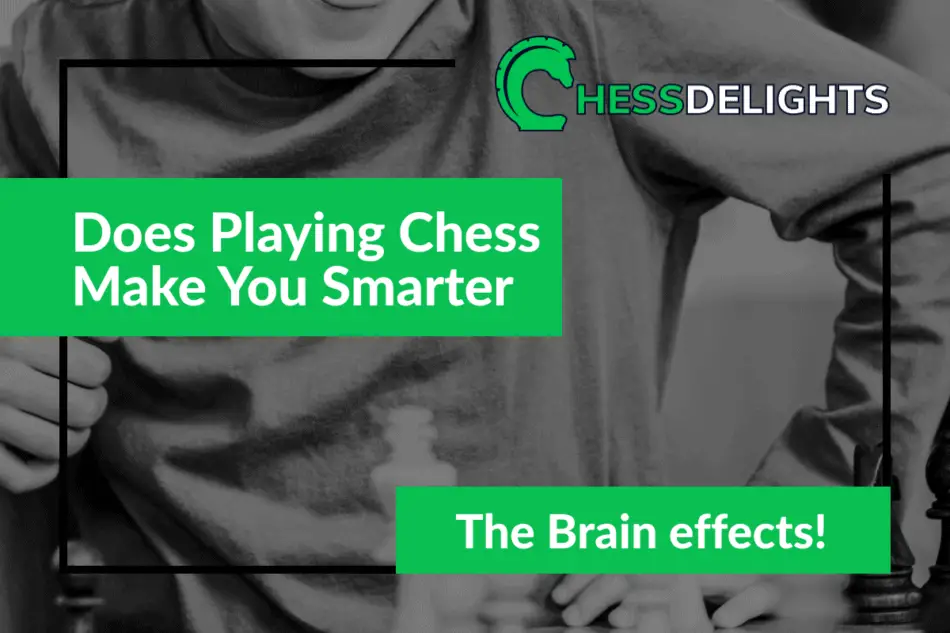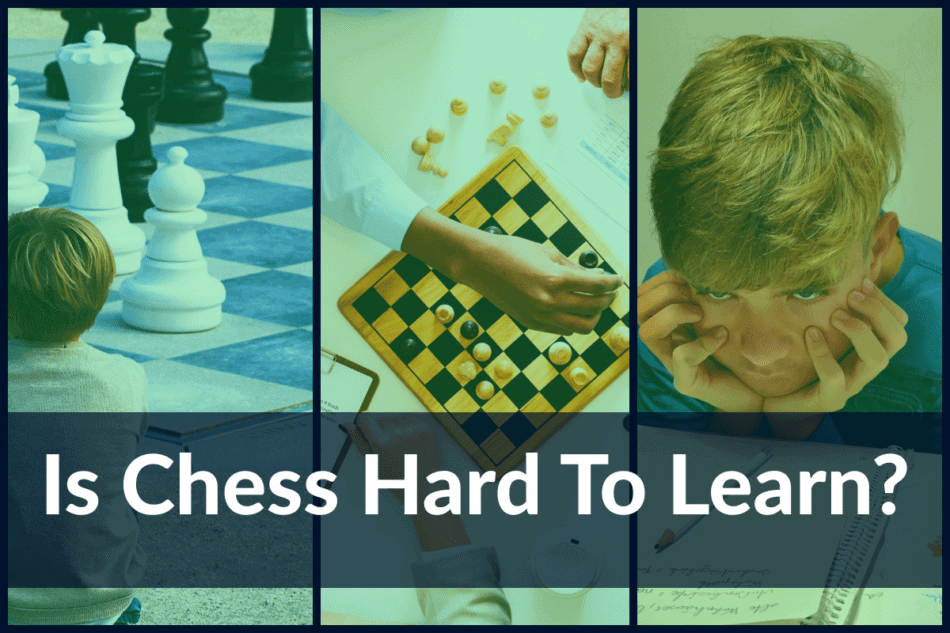Do you think it's hard to learn chess? Or you want to know how to learn chess fast? Asking both these questions is quite familiar, especially for beginners and aspiring chess players.
You may have an excellent idea of the answer to these questions, and I can tell you the direct response takes time. Some say at least 100 years to be able to master the chess game but would you live that long? 🙂
Anyway, in today's trend, you can use chess game software to speed up your learning process.
If you want a more concrete answer with bits of information about how long it takes to learn chess, then continue reading this article.
How long does it take to get good at chess?
So how long does it take to learn and become good at chess? The answer is simple: it is how much time you dedicate to playing and learning chess. Now, if you are looking for a somewhat general answer, we can say 1-2 years of practicing can be enough to build a good foundation and consider yourself an excellent chess player.
Unlike physical sports, chess can be learned and mastered at any age.
“Learning” to play chess goes far beyond knowing the basic movement of the pieces on the board and knowing two or three dunks; You must also know openings, endgame and learn a little bit of math; the important thing is to understand how to implement all of the above when playing and make decisions that allow you to manage the game. All of this is perfected by training and playing.
What can probably be said about chess is that, if playing it at an early age does not manifest an exceptional talent, it will never reach too high a level, but the same is true for all sports, music, art, and many other disciplines.
However, if playing a few times, at whatever age, achieves good results against more experienced opponents, it is a sign that mastery may be within reach.
Finally, although rare, there are cases of players who obtained the Master's title after the age of 50, and there is even literature that considers significantly less young apprentices.
Learn chess from beginner to advanced chess player
Once you've committed yourself to move forward, it's time to set goals. Many players fail in their intentions for a simple explanation: they have not set goals.
The absence of objectives is more than the lack of a destination: it is the absence of a map. And unless you've ever been to the place you want to go, you won't know how to get there.
We will set ourselves the goal of reaching a higher level; that is, if your level is a beginner (1400-1700 ELO), we will aim for you to get the intermediate level if your level is intermediate (1700-2000 ELO), that you reach an advanced level (2100 or more).
You can fix others, more or less ambitious than these. The important thing is that your goals are specific, measurable, achievable, and realistic. And it would be best if you kept in mind that significant changes take time.
Unless you are a virtuous chess player, you must be patient like the few righteous in the world—patient like when you play an ending correctly. Getting to the level of teacher takes many, many years.
You will have to work more than you do now indeed (if you are already a novice or beginner), but much more important than intensity is to do it with perseverance and intelligence. Please put all your effort and never listen to someone who says that it is impossible. It has happened to the older ones.
What are the advantages or disadvantages of age groups in learning chess?
As we mentioned before, there is no exact age to learn to play chess, but depending on it, the learning can be superficial or deeper.
- Young children (under 11-12 years)
Young children have plenty of time to play with their friends, parents, the iPad, etc. Thus, it is normal for them to learn chess basics, such as the movement of pieces, castling, and promoting a pawn.
This possibility is not usually available to an 18-year-old person, so their progress will be “slow.”
The calculation threshold of a young child is low, and, above all, before 11-12 years, they can hardly reason through a thinking process of a scientific or strategic nature.
The appearance of chess is that children of those ages “play well.” But in reality, they usually only calculate; They hardly reason unless dealing with a born talent or a true genius.
2. From 11-12 years
From 11-12 years old, children would begin to seriously develop skills such as understanding abstract concepts, scientific-logical reasoning, more remarkable ability to calculate, etc., so it would be an exciting age to learn chess.
3. 18 years or older
At the age of 18, such abilities would be more developed so that a learner of this age could “absorb” certain concepts and logical reasoning and so on quite well.
It is essential to mention that constant practice will improve your level of play in the three previous age ranges, no matter how old you are, only that some people find it easier to learn.
Learn technical knowledge and train chess at the same time
Earlier, we said that to improve, you need to train and play, which is one of the keys to learning to play chess.
It would be best if you achieved a balance between your training and your acquisition of technical knowledge. For what reason? If we only dedicated ourselves to improving our specialized experience, we could become good chess theorists, but we will hardly be good players.
On the contrary, if we only invest our time in training, we will be leaving aside a significant part since all theoretical knowledge works as a kind of internal maintenance.
If we use a machine's analogy, the training would be the oil that greases the bearings. The technical knowledge (finals, openings, strategy, maneuvers) would reflect these bearings' quality: if their size and materials are adequate. It works like this.
Here are some tips to improve at chess quickly
- You must carry out active training. This aspect is essential. It means that it is useless to find out why a grandmaster makes a brilliant move. It is useless to understand this or even to memorize it correctly.
You have to be the one who makes an effort by exercising your calculation skills, your spatial vision, and your general mental agility.
- The training should be at least stable from the point of view of the time spent or, if possible, progressive. You should dedicate the same time every week, and if you can, increase your dedication. In general, the more you train and study, the higher your level will be.
- It is much more beneficial to spend 30 minutes every day or an hour every other day than 10 hours a day. Consistency is essential.
- This training must deal mainly with calculating variants, resolving tactical positions, and completing strategic exercises.
Wrapping Up
There you go; it takes a lot of technique and time to become good at chess or learn chess fast.
Your dedication to this game of strategy will determine the result you want to achieve. If you have set a timeframe for yourself, that will be your metric if you have achieved your goal of becoming an excellent chess player.
As long as you are training and learning the theory in chess, you are always one step ahead of another individual to become good at chess, which is not making your efforts.
Be proud of yourself because one day, you will look back and learn that all your hard work has paid off. Enjoy learning chess!
